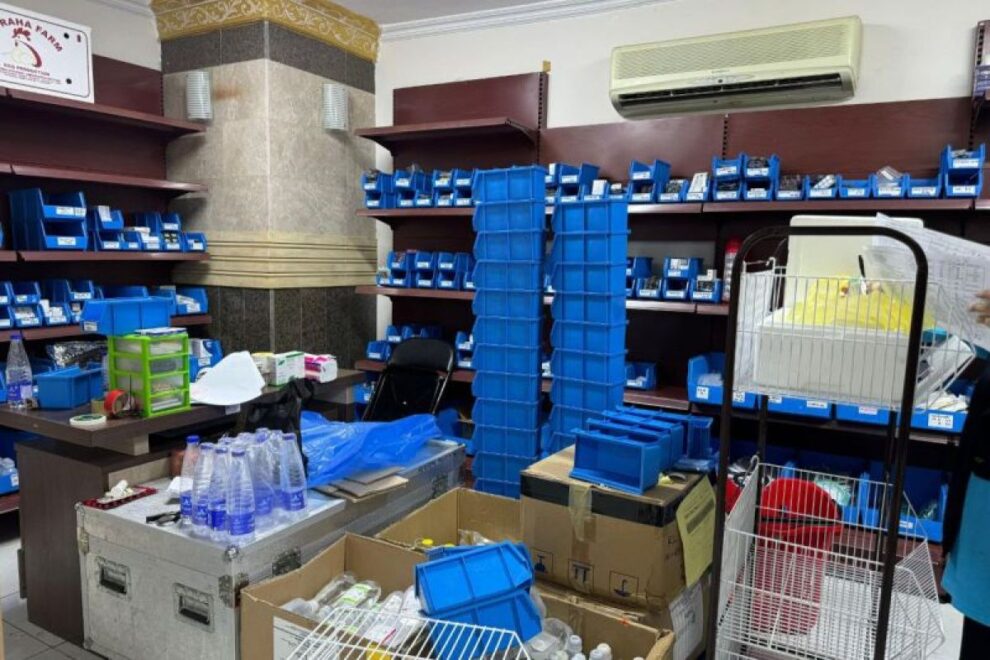The Indonesian Hajj Health Office (KKHI) is preparing 62 tons of medicine imported from Indonesia for Indonesian Hajj pilgrims.
“There are three types of needs for the medicine procurement, namely vital, essential, and non-essential. For vital medicine, we increase the number by around 20 percent, such as for heart medicine. We also add 20 percent for essential and five percent for vitamins,” Head of the Health Department of KKHI Medina, Muhammad Firdaus, stated in Medina, on Monday.
The decision for procurement to meet medicine needs was taken after considering disease patterns and the quantity of medicines required, he explained.
According to Firdaus, the 62 tons of medicine stock came from the 2023 supplies, including the medicine needs in 2024.
The diseases most commonly suffered last year comprised hypertension; dyslipidemia disorders, such as fat and cholesterol disorders; and diabetes mellitus, he remarked.
His side has also prepared Emergency Room (ER) facilities with 10 beds and High Care Unit (HCU), with a capacity of eight beds.
Moreover, there is the provision of separate male and female inpatient rooms, with a capacity of 18 beds each, and a special psychiatric ward with eight beds, Firdaus stated.
“This special psychiatric room is always filled. There are various cases, including mental disorders. Screening and prevention for psychiatry cases started in Indonesia, but usually the symptoms appear in Saudi Arabia,” he noted.
Moreover, the Religious Affairs Ministry has provided special services to 45,678 elderly Hajj pilgrims this year, including the provision of business seats in airplanes and opening a quota for companions for elderly pilgrims.
Based on an evaluation of the implementation of the 2023 Hajj, the ministry’s spokesperson, Anna Hasbie, spoke at length about several elderly service needs that were more appropriate to be carried out by family members instead of officers.
“For example, the need for bathroom. It would be more appropriate if the family is accompanying the elderly,” Hasbie stated.
Source: Antara









